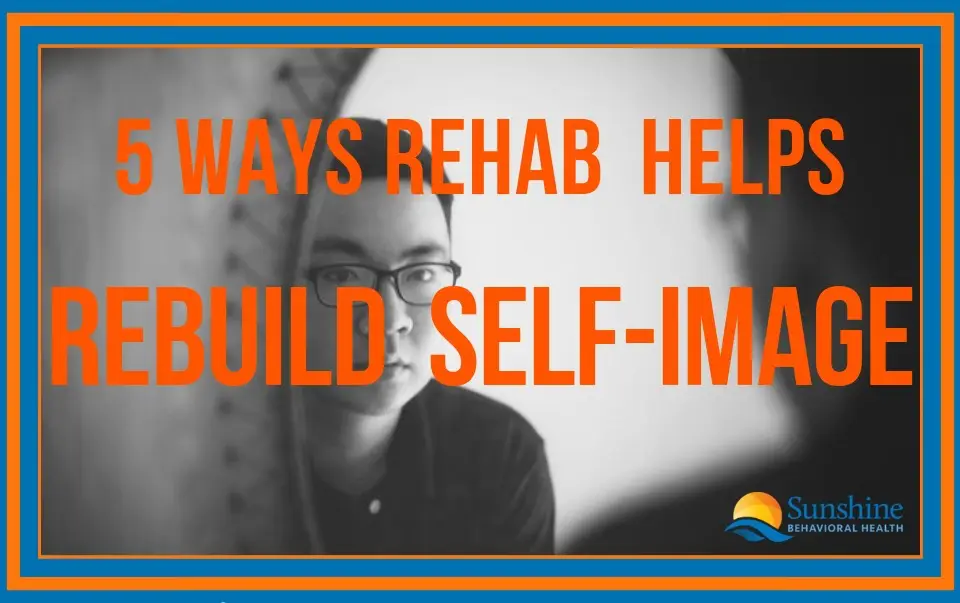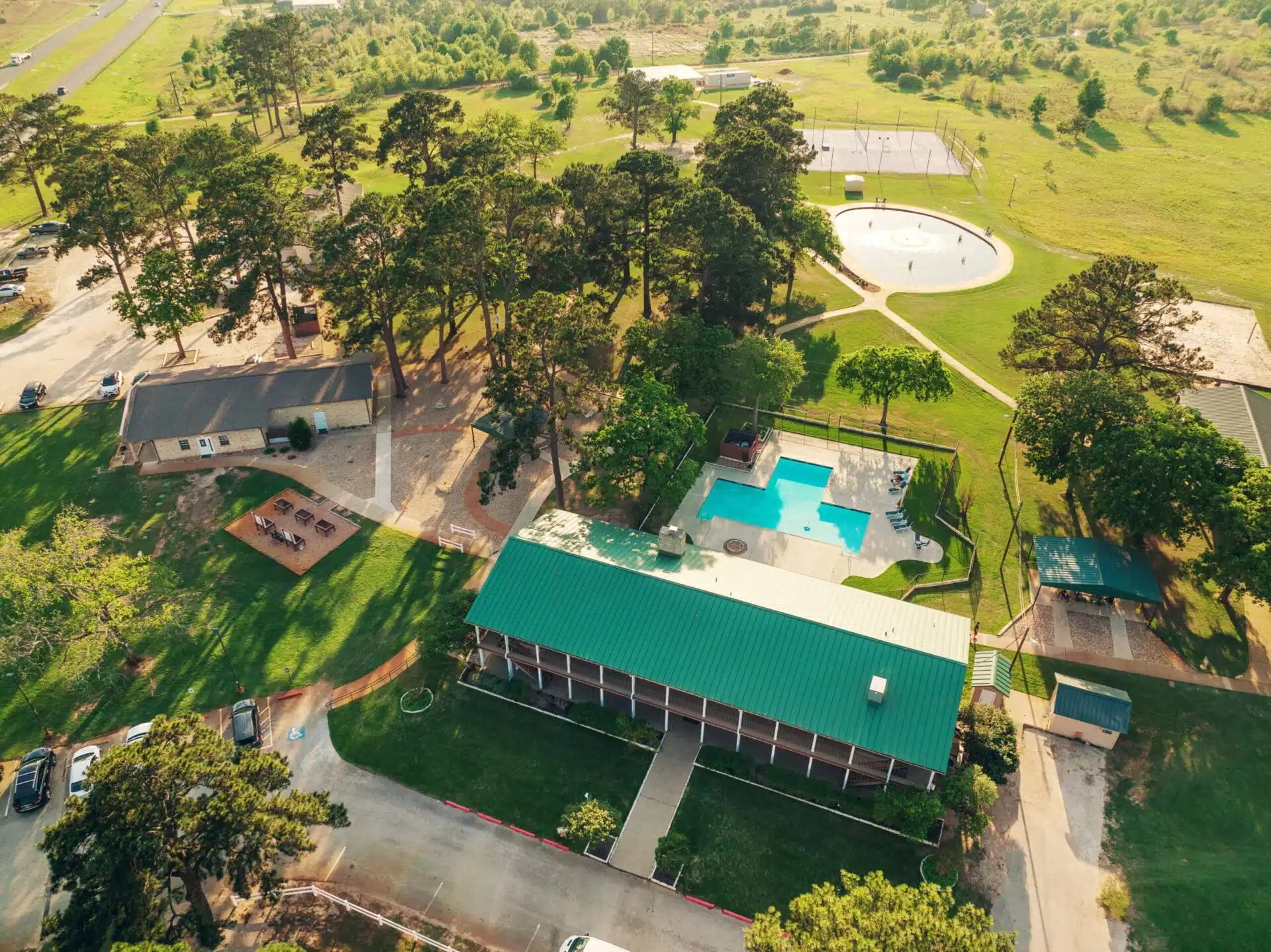
Drug abuse and addiction have many long-term negative impacts on a person’s life and body. One of the most destructive ones is a change in their personality and low self-esteem. Even the most strong-willed and decisive individuals can become compulsive and callous under the influence of drugs. This naturally leads to many behavioral and cognitive problems. However, effects can be prevented from becoming permanent through timely intervention and proper therapy, and can help rebuild the self-image.
Rehabilitation therapy is one of the few effective ways of treating drug-induced physical and psychological problems. In extreme cases of prolonged drug-abuse, the person can develop dissociative personality disorder and other physical and psychological problems. Maintaining a healthy life is next to impossible in such cases without seeking professional help. If you are wondering how such damages can be reversed, here are 5 ways a rehab can reorient addicts with their natural selves and help them overcome addiction.
1. Detox helps to get rid of toxins
Majority of the long-term effects of drug use can be weaned of significantly with good detox treatment. The idea behind detox is to eliminate the toxins within the patient’s system as naturally as possible.
However, it is often very hard for habitual drug users to undergo detox without some form of pharmaceutical aid. In some cases, it might even be necessary to give them gradually lowering doses in case they have a severe physical dependency. This is best decided by the counselors and physicians in rehab.
2. Group therapy works well when carried out with prudence
Therapy is started once the patient has completed his detox treatment and is critical for returning the patient to a state of normalcy. There are many approaches to therapy and different counselors have their own way of conducting it for different patients.
Generally speaking, group therapy is considered a superior mode of therapy because of its long-lasting positive results. However, not every patient is ready for it especially if they have been living in isolation from society.
In such cases, the patient must be gradually integrated into the group. This process begins with individual counseling with the aim of refamiliarizing the patient with social contact. Over some time, the counselor cultivates a sense of trust with the patient and helps them enter group therapy for constructive discussions.
3. Setting realistic addiction recovery goals are encouraging
Addicts in rehab can only benefit from the therapy if they gain the ability to set goals for themselves, with the help of counselors. This process is usually difficult at first because of the muddled sense of self due to drug abuse. However, with proper detox and the oversight of an experienced and emphatic counselor, the patients can regain bits of their lost selves.
After that, the therapy is aimed to help the patient take charge of their recovery and make it a personal project. The substance abuse counselor helps the patient recognize the detrimental effects of drug use and create a plan and set goals for recovering. This may not be easy since it often takes addicts some time to get over the craving and recognize its negative impact. Nevertheless, the best counselors are mostly able to help the patient comprehend the destructive influence of their addiction and move towards recovery goals.
4. Constructive and creative therapy does miracles
One of the best ways to help renew a sense of self in persons suffering from addiction is through creative activities or hobbies like art, music, writing, cooking, and gardening. This helps to bring out the best in the patients while helping them re-discover their creative side. This also makes them reflect on the idea of how beautiful life can be without addiction. These activities also let them express their inner emotions in creative ways and rediscover their natural emotional spectrum.
Constructive and creative therapies can go alongside general therapy. Usually, this is considered a good way to help addicts open up and reorient themselves with their emotional expression. The manner, time and type of creative therapy depends on the patient.
5. Recover through reorganizing personality
The biggest fear for any person suffering from addiction is letting go of their habit and reorganizing their personality. Inpatient treatment is considered the best way to give them a good start towards this objective.
But recovery must be undertaken by the patient personally with the support and concern of fellow counselors, recovering addicts, friends, and family. Intensive inpatient rehabilitation gives them a firm structure to reorganize their lives and rebuild their personality free from addiction.
In many cases, the aftercare program after discharge from rehab and then attending support groups is the best way. All of these things help former addicts cope with their addictive impulses and channel their energy towards a positive outcome. Also, it is important for the counselor to help the patient identify all those places, people and things that can trigger the addiction cycle again and once and for all face the inner demons with strength and break the cycle of addiction. The road to recovery is hard and toilsome. However, with the right guidance and support, addicts can live an addiction-free life.
Conclusion
The adverse effects of addiction require holistic therapy aimed at regaining a well-defined sense of self-confidence and strength to face the turmoil of life. If a friend or loved one is suffering from addiction, you should consider talking to them and making them agree to enter a rehab. It is one of the most effective ways of coping with personality and behavioral problem brought on by addiction irrespective of your reason to get addiction help. Questions or concerns? If so, make sure to reach out to us today.A Message From Our CEO
Medical disclaimer:
Sunshine Behavioral Health strives to help people who are facing substance abuse, addiction, mental health disorders, or a combination of these conditions. It does this by providing compassionate care and evidence-based content that addresses health, treatment, and recovery.
Licensed medical professionals review material we publish on our site. The material is not a substitute for qualified medical diagnoses, treatment, or advice. It should not be used to replace the suggestions of your personal physician or other health care professionals.





